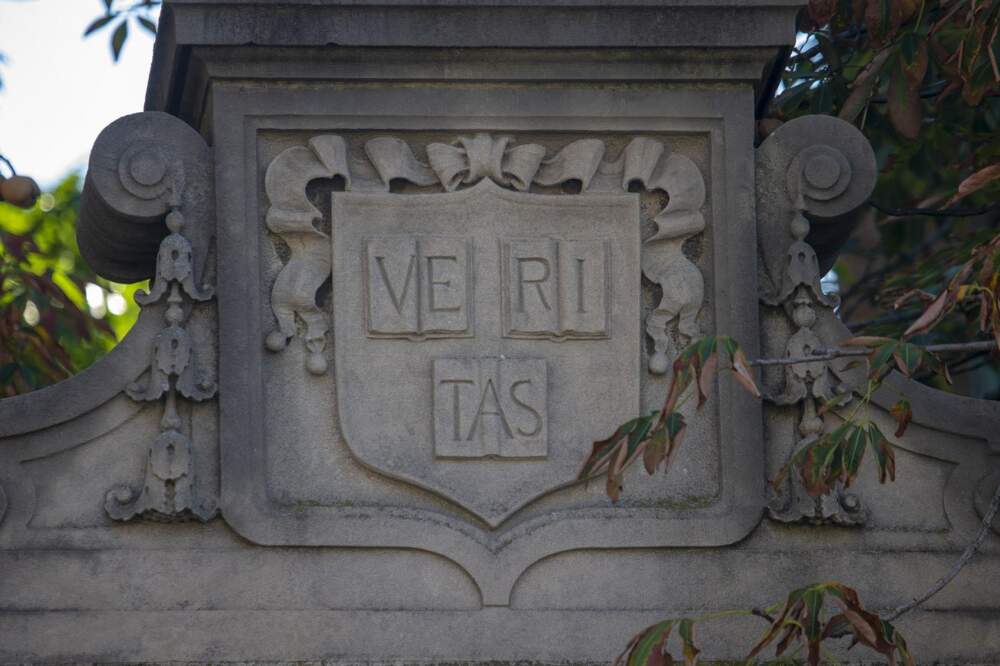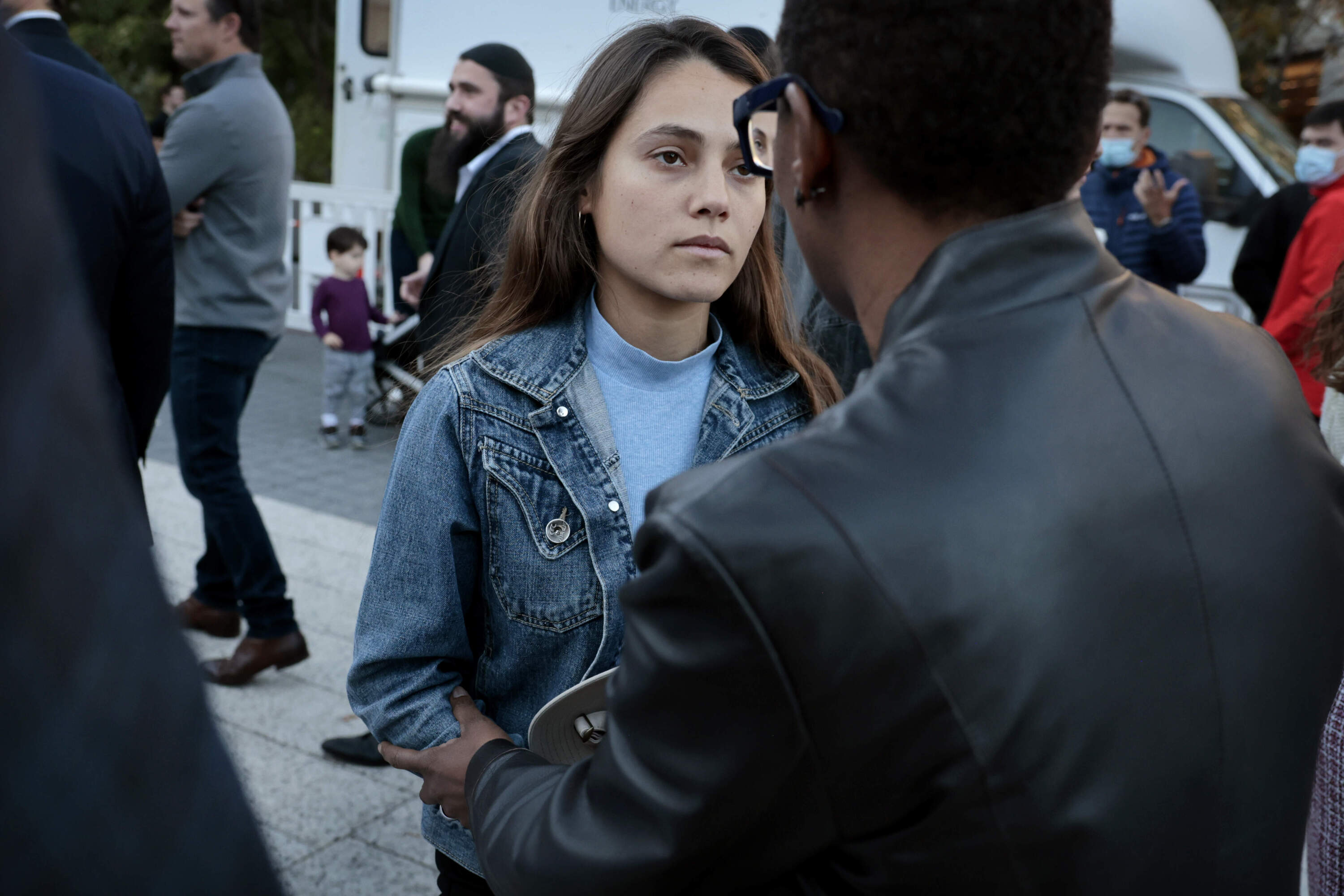Advertisement
Faculty, students express relief as Gay stays on at Harvard

Early Tuesday morning, the Harvard Corporation — the university’s powerful governing board — released a brief statement saying it would stand by President Claudine Gay, after days in which her presidency hung in the balance.
The unanimous show of support by all 11 voting fellows laid to rest speculation that Gay’s job was in danger.
The four-paragraph statement acknowledged Gay’s apology for her remarks before Congress last week. It also addressed plagiarism allegations surfaced by her critics, concluding that a review found "no violation of Harvard’s standards for research misconduct.”
Gay, Harvard’s second female president and first Black president in its 387-year history, has weathered weeks of controversy over her response to the war between Israel and Hamas and the mostly pro-Palestinian protests at the university.
But it was her equivocal testimony before a House committee one week ago on the subject of campus antisemitism that sparked calls for her resignation, particularly from conservative lawmakers and donors.
The fallout from that testimony caused Liz Magill to resign as president of the University of Pennsylvania and Scott Bok to step down as chair of its Board of Trustees over the weekend.
After closed-door meetings, the Harvard Corporation on Tuesday noted that Gay has committed to “redoubling the University’s fight against antisemitism." It also added that a Dec. 9 review of her published work as a political scientist “revealed a few instances of inadequate citation,” but that Gay will request four corrections to two articles, adding citations and quotation marks.
The statement describes Gay as “the right leader to help our community heal and to address the very serious societal issues we are facing.”
It is unclear when, and how quickly, that healing will take place. The conflict in Gaza continues to claim thousands of lives each week, prompting ongoing protest on campus, in Greater Boston and worldwide.
And many of Gay’s detractors — such as New York Republican Rep. Elise Stefanik, who grilled her at last week's hearing — remain irate.
Advertisement
Meanwhile, professors who defended Gay in petitions in recent days were breathing a sigh of relief Tuesday.
Amir Mohareb, an assistant professor at Harvard Medical School, said he disagrees with Gay’s suggestion that pro-Palestinian demonstrations on campus have been hurtful or irresponsible.
But, he added, “I really can’t imagine why anyone would support a nakedly political attack on university leadership.”
Voices of Support
Mohareb is not alone: as Harvard’s governing boards met early this week, at least 700 members of Harvard faculty signed on to one petition asking that Gay — the former dean of Harvard’s Faculty of Arts and Sciences — remain in her job.
Now that Gay’s job is safe, “we’re all very pleased — the Corporation didn’t bow to the pressure, or to the donors,” said government professor Melani Cammett, one of the petition’s organizers, in an interview Tuesday.
Ryan Enos, Cammett’s colleague in the government department, said the world outside has fundamentally misunderstood the general atmosphere on campus since Hamas’s Oct. 7 attacks.
In campus protests, op-eds and in classrooms, Enos has seen an engaged and opinionated university — but not an outburst of hatred.
“We’ve seen students passionately debating and standing up for what they believe in … It's going to make some students uncomfortable," Enos said. "But, as we all know, that’s O.K.”
But Enos and Cammett both acknowledged that there is much work to be done in the weeks ahead. They hope to play a part by staging the balanced discussions and panels that, they said, have been taking place on campus ever since the fighting erupted two months ago.
Cammett said she hopes that the university returns to a posture of official neutrality as it seeks to rebuild trust and academic dialogue.

Meanwhile, during finals week, Harvard’s campus was unusually quiet Tuesday. Students walked with earbuds in and eyes down. Some were already leaving campus with suitcases packed for the holidays.
But students and staff members at Harvard were watching the drama surrounding Gay.
“I know it’s a very complex time for someone in her position to be balancing all of the really, really complex social aspects of this and all the pain that people are undergoing,” said Xia Rundeau, a Harvard staff member.
Parth Kotak, a Harvard Law first-year student, said he did not feel anything Gay said in her congressional testimony was “particularly egregious.”
“I sort of thought that the framing of [Elise Stefanik's] question was sort of disingenuous, like, the way that it was posed in the first place,” he said.
Though Kotak said some in the law school community were not keeping up as actively with the controversy as are undergraduates, he empathized with Gay’s situation.
“The job of university president is really hard,” Kotak said. “There’s a lot of competing people to try and please at any given point in time.”

